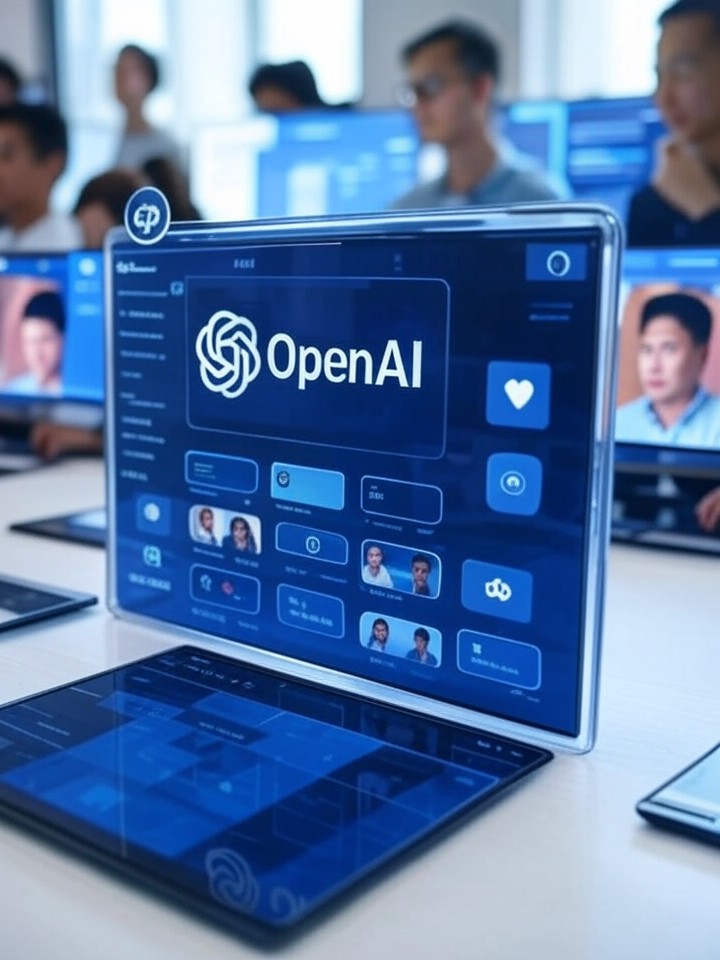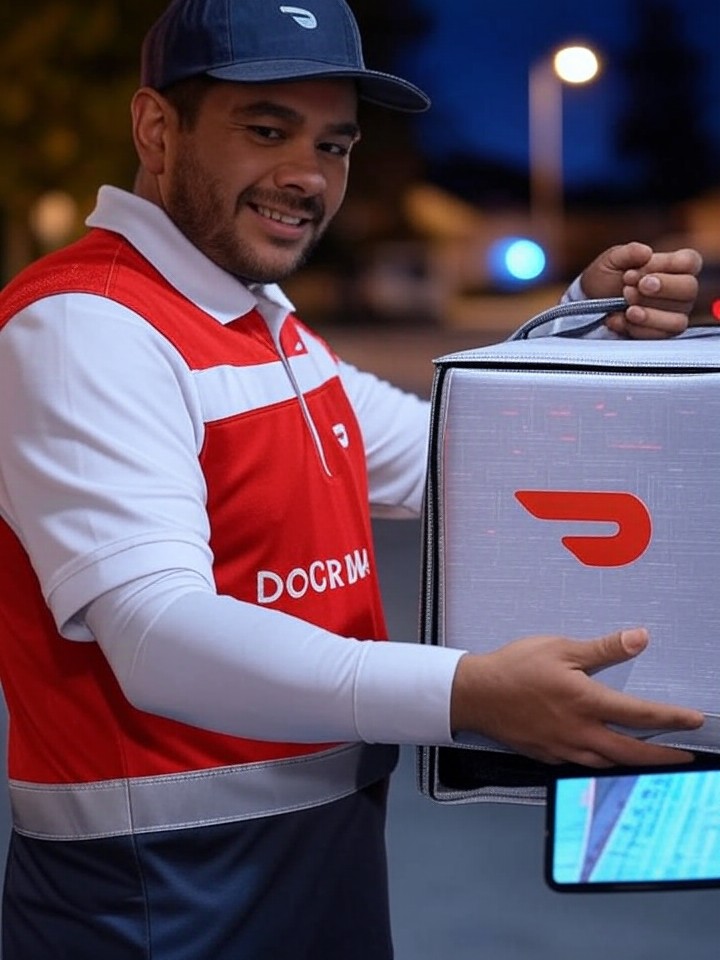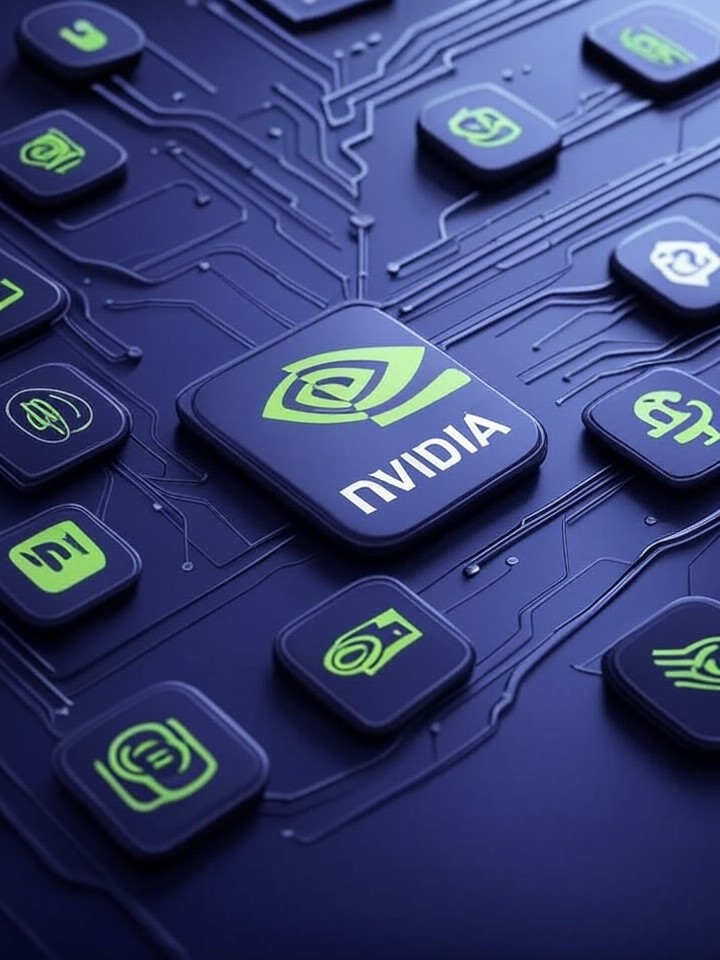What Europe’s AI Education Experiments Can Teach Businesses About Talent Development
Artificial intelligence (AI) continues to dominate global headlines, not only because of groundbreaking technology advancements but also due to the massive economic ripple effects it creates. Nvidia’s record $57 billion revenue in 2024 is clear proof of the industry’s unstoppable momentum. Yet, beyond the hardware and software revolutions, a quieter but equally significant transformation is happening — the race to cultivate and attract AI talent. For many businesses, building an innovative product is no longer the only challenge. Finding skilled people to bring AI ideas to life has become a defining factor in success. The question is: how can companies close the growing talent gap?
Europe might hold part of the answer. Across the continent, governments, universities, and private organizations are experimenting with new models of AI education and workforce development. These initiatives not only aim to build technical know-how but also ensure ethical, inclusive, and industry-relevant AI training. The lessons coming from Europe’s AI education experiments are indispensable for businesses globally looking to develop their own AI-ready teams.
The AI Talent Crunch: A Global Business Challenge
According to recent OECD reports, the demand for AI expertise has skyrocketed far beyond the pace at which new professionals are being trained. Businesses investing heavily in artificial intelligence struggle to find engineers, data scientists, and machine learning specialists who can bridge the gap between theoretical knowledge and real-world applications. This imbalance has intensified competition for top talent, driving up salaries and slowing down innovation cycles.
The situation is particularly evident in sectors undergoing rapid digital transformation — from healthcare to manufacturing, finance to energy. AI adoption promises efficiency, personalization, and automation, but most firms find themselves limited by human resource bottlenecks. There’s growing recognition that without substantial educational reform and workforce training, the full potential of AI cannot be realized.
Europe’s AI Education Experiments: Building Skills for the Future
European countries have proactively recognized the importance of addressing the AI skills shortage. They’re taking multifaceted approaches that emphasize inclusivity, ethics, and collaboration between academia and industry. Below are some leading examples that businesses worldwide can learn from.
1. Finland’s Nationwide AI Literacy Initiative
Finland set a remarkable example with its national project, Elements of AI, launched to equip both citizens and professionals with a foundational understanding of artificial intelligence. The course, designed collaboratively by the University of Helsinki and the tech company Reaktor, aims to make AI accessible to everyone, regardless of background. The program’s success has led to international replication, highlighting the importance of democratizing AI knowledge at all levels of society.
For businesses, the takeaway is clear: developing an organization-wide understanding of AI — not just among tech teams — builds a more adaptive, innovation-friendly culture. From HR to marketing, every department can benefit from basic AI literacy, ensuring that artificial intelligence isn’t seen as a mysterious, isolated domain but as a practical tool integrated into daily decision-making.
2. Germany’s Dual-Education Model Applied to AI
Germany’s long-standing dual-education system, which combines vocational training with hands-on industry experience, is being extended into the AI sector. Universities of Applied Sciences, together with leading corporations, have created apprenticeship-style programs that teach machine learning, robotics, and data analytics in alignment with real business use cases.
Such collaboration ensures that graduates are industry-ready from day one. Companies gain immediate access to emerging talent familiar with their technological stacks, while students get invaluable exposure to real challenges. For businesses outside Europe, adopting similar public-private educational partnerships could help bridge the gap between academic theory and operational AI proficiency.
3. France’s AI Apprenticeships and Research Growth
France is investing heavily in expanding its AI ecosystem, particularly in education and research. Through its national AI strategy, the French government has funded initiatives to train tens of thousands of new AI specialists by 2030. Leading institutions like INRIA (National Institute for Research in Digital Science and Technology) are supporting interdisciplinary programs that combine AI with social sciences and ethics — a forward-thinking approach as industries grapple with responsible AI implementation.
Businesses can learn from this balanced model: technical excellence must be matched with ethical and societal awareness. Companies adopting similar frameworks can fortify trust among customers and regulators, turning responsible innovation into a competitive advantage.
4. The United Kingdom’s Alignment of Academia and Industry
The UK’s AI Sector Deal emphasizes cooperation between universities, tech hubs, and businesses to enhance both foundational research and applied training. Institutions like the Alan Turing Institute play a leadership role in connecting data-driven research with industry needs. Furthermore, regional innovation clusters — such as those in Cambridge and Manchester — have become magnets for AI startups and corporate partnerships, fostering practical skill development through collaboration and experimentation.
The lesson for businesses globally: embedding talent development within innovation ecosystems can accelerate learning, facilitate recruitment, and stimulate long-term growth. Companies investing in AI hubs, incubators, or partnerships with educational institutions will be better positioned to cultivate the talent pipelines they need.
Lessons Businesses Can Learn from Europe’s Approach
Europe’s diverse set of experiments in AI education demonstrates that no single strategy fits all organizations or countries. However, several core lessons stand out for businesses striving to thrive in an AI-driven economy:
- Invest in Continuous Learning: AI evolves rapidly. Ongoing employee upskilling ensures your workforce keeps pace with new tools and methodologies.
- Break Down Silos: AI should be understood and applied across departments — from product design to customer service — to drive innovation everywhere.
- Collaborate with Academia: Partnerships with universities can give businesses early access to talent and new research insights.
- Encourage Ethical AI Awareness: Businesses that train teams in responsible AI use reduce risk and strengthen public trust.
- Democratize AI Knowledge: Provide accessible AI courses for non-technical employees to nurture wider adoption and idea generation.
Connecting the Dots: From Nvidia’s Growth to the Workforce of Tomorrow
The explosive growth of companies like Nvidia reflects the scale and speed of today’s AI revolution. But while technology scales rapidly, human skill development takes time. The widening gap between AI innovation and workforce readiness threatens to slow progress if unaddressed. Learning from Europe’s education initiatives, businesses can look beyond immediate hiring challenges and instead focus on cultivating their own talent internally.
By promoting AI literacy, fostering collaboration, investing in flexible training models, and aligning education with practical needs, companies can not only fill current gaps but also future-proof their workforce. In the long term, this approach helps businesses maintain agility, resilience, and ethical integrity in an increasingly AI-dependent world.
Conclusion: Europe’s Playbook for Global AI Readiness
Europe’s AI education experiments offer a roadmap for businesses navigating the talent shortage challenge. While technological innovation captures headlines, true transformation will depend on how organizations develop human expertise around it. The success of AI adoption isn’t measured solely by revenue or product breakthroughs — as Nvidia’s record performance reminds us — but by how effectively the global workforce can keep up.
By studying Europe’s inclusive, collaborative, and forward-thinking strategies, businesses worldwide can better equip themselves for the AI era. The sooner companies act on these lessons, the more prepared they’ll be to harness artificial intelligence responsibly and sustainably for years to come.











